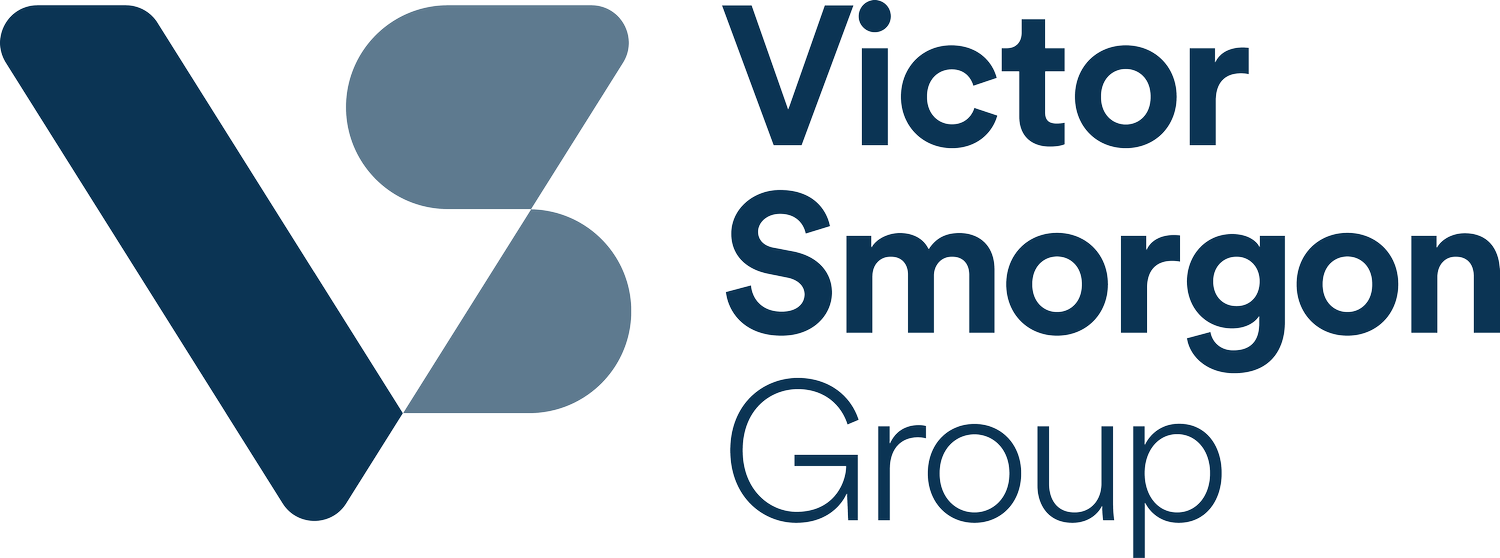Managing risks and seizing opportunities in FY25
Amidst high interest rates and ongoing economic uncertainty, family businesses must focus on maintaining margins, managing costs, and optimising investments. Emphasis on ESG, technology, and robust governance is crucial for resilience.
The current economic environment, coupled with higher interest rates than previous years, continues to create risks for family businesses. Most forward estimates in relation to inflation and interest rates suggest that business families will need to continue to focus on maintaining trading margins, managing cost structures, and working capital.
Clients with trading businesses are bracing for modest year on year growth and or holding revenue ground. In this context, whilst cost and efficiencies remain a focus, many clients a taking a more holistic view of their structure, focusing on optimising components of their operations that are value adding and reducing those which do not. Many are looking at the capabilities they will need for the future, including technology infrastructure and digital strategies.
The ongoing pressures of wage inflation and rising input costs also mean that clients continue to periodically revisit pricing of their products and services.
From an investment perspective, our clients are looking for opportunities that will provide strong performance in prevailing conditions. This has seen asset allocation pivot towards lower risk term deposits, commodities such as gold and copper and alternative strategies such as private equity and venture capital. All are delivering returns that are less correlated to the performance of traditional investments in current markets.
The funding and concessions that have been made available under various federal government-backed renewable and Future Made in Australia initiatives offer the potential to augment strategic investments in modernisation and the enhancement of manufacturing infrastructure in family businesses. Clear signaling from government on an advancing clean-energy agenda and increased consumer focus on social values means business families need to increasingly consider how consumer sentiment regarding social governance fits into their business ESG strategy & frameworks.
From a merger and acquisition point of view, times like these are forcing some clients to think harder than ever about whether now is the time to hold course, consolidate, or to consider exit strategies. Increasingly, many business families are exploring external capital or joint venture arrangements from within their networks to augment investment plans and share risk.
When it comes to governance, we are seeing families continue to refresh their structures and frameworks, particularly in relation to boards, where composition and performance is an area of increased focus. High performing boards that provide progressive strategic oversight, access to networks and new capabilities are becoming increasingly valuable to Business Families. And in the current macro-economic and regulatory environment, family councils and governance frameworks are becoming increasingly important to keeping family members together and aligned with their goals.
Finally, from a regulatory standpoint, the Australian Taxation Office currently has a strong focus on private family groups and high net worth individuals therefore business families and family offices must maintain robust tax governance frameworks and quality compliance programs.
Australia’s first and only business family specialists, Lineage Group creates tailored advisory and accounting solutions for business families and family office groups, providing guidance through generational, strategic, and operational change. Lineage works closely with a portfolio of some of Australia’s most successful business families and family offices, with services designed to directly address strategy, structure and operational challenges and opportunities. To learn more, visit www.lineage.group

